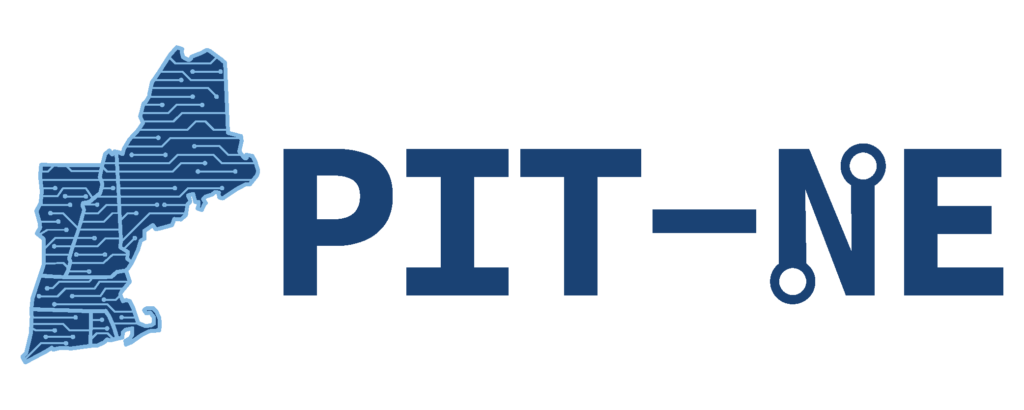Assistant Professor
Worcester Polytechnic Institute
PIT-NE Working Groups:
Future LEaders of PIT
Yunus Telliel is an Assistant Professor of Anthropology and Rhetoric. Before joining WPI, he was a postdoctoral fellow at the University of California, Berkeley. His work is animated by an intellectual curiosity with how ideas travel across time and space, and generate diverse practices of acting, seeing, and being in the world. Yunus is especially intrigued by situations in which people come to ask new questions about themselves and others, in ways that require reconsideration of past experiences and imagining of future possibilities. Such situations, he believes, capture an important aspect of the human condition—the intertwining trajectories of power and authority, on the one hand, and creativity and innovation, on the other.
As a design anthropologist, he collaborates with engineering researchers on four different National Science Foundation-funded projects on the future of work (#1922761, #2024802, #2222713, and #2228652). Each of these collaborative projects helps him explore different aspects of workplace technology design: from nursing robots, to nonprofit platforms, to maintenance work. Yunus is the social sciences lead of WPI’s NSF Research Traineeship Program on ‘Future of Robots in the Workplace’ and organize a year-long ’social impact of research’ workshop series for graduate student trainees.
In addition, with two Public Interest Technology University Network grants, Laureen Elgert and Yunus have introduced ‘JustT Collab’ (Collaborative for Technology for Transformative Justice) at WPI. Their work at JustT Collab focuses on forging new connections among social justice, critical policy studies, and science and engineering education. As an extension of his interest in ethics and workplace technologies, Yunus serves as a co-chair of the IEEE Brain Neuroethics Subcommittee’s ‘Work and Employment’ working group.
He teachse a range of courses on rhetoric, cultural theory, science and engineering communication, and technology ethics. Inspired by WPI’s ethos of project-based learning and informed by his collaborations with fellow educators at WPI’s Center for Project-Based Learning, his classes are structured around team projects that help students see themselves and their classmates as active participants in the process of knowledge production and dissemination. He also works with Professional Writing students on their senior capstone projects that bring together anthropological and rhetorical inquiries on current ethical concerns in science and engineering.
